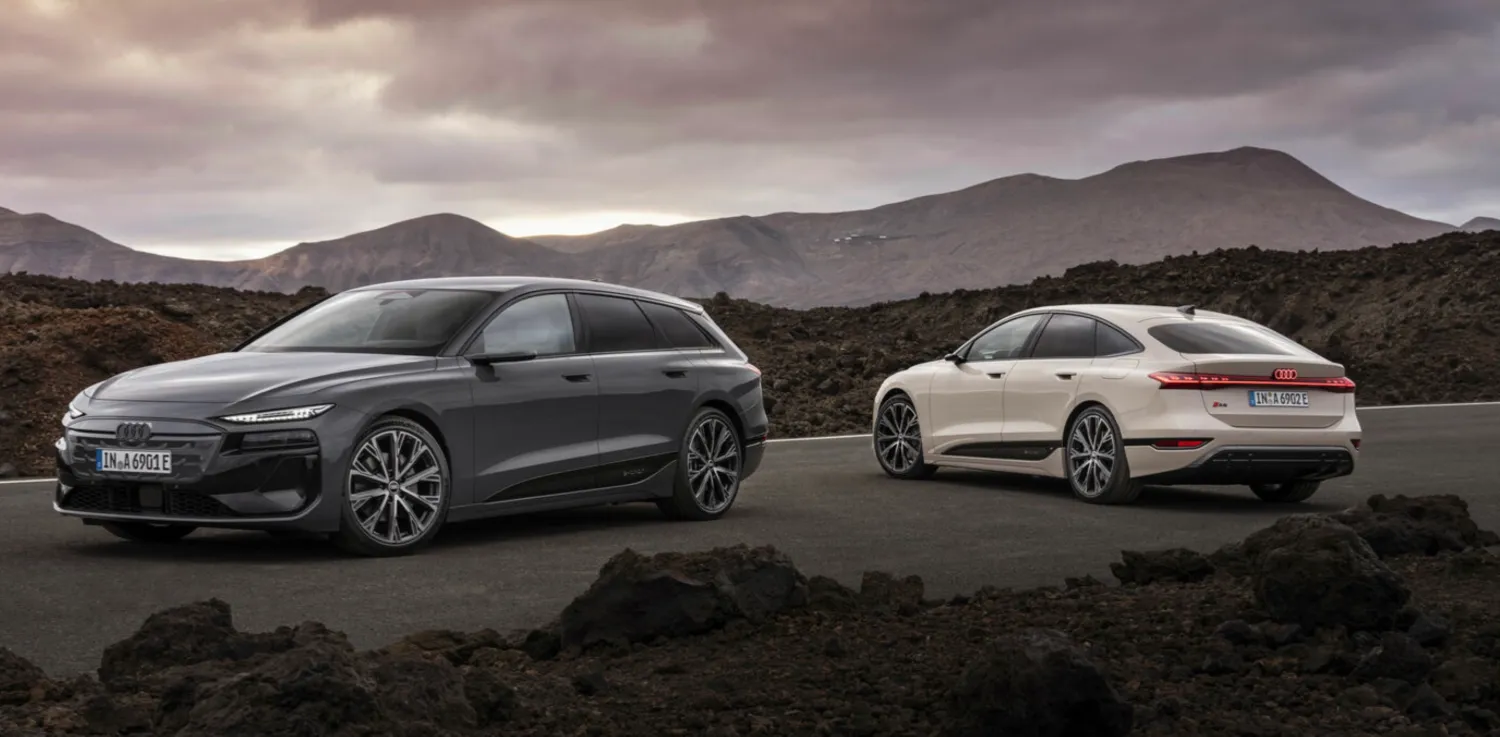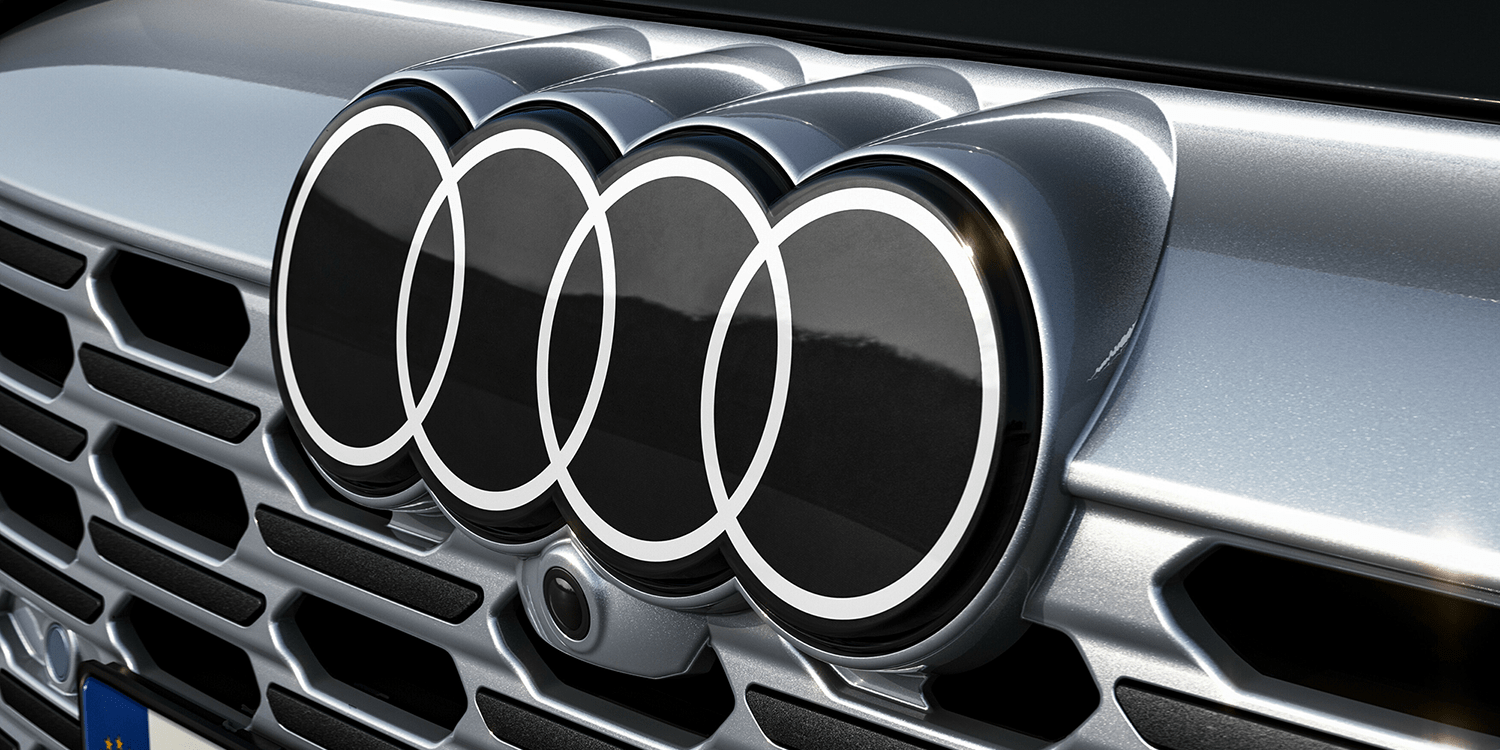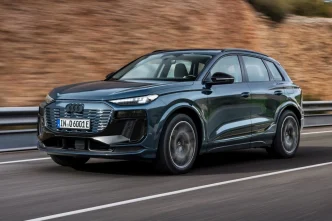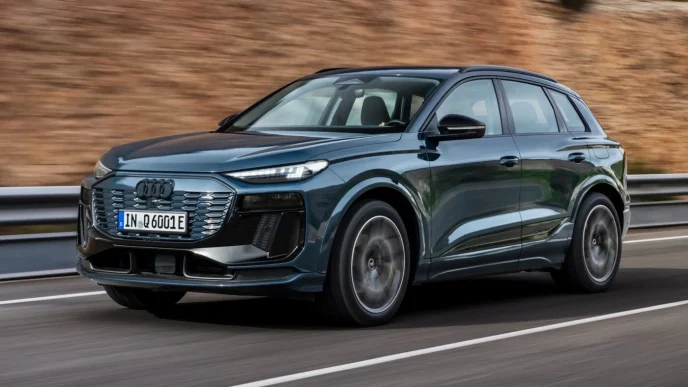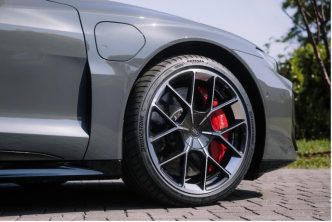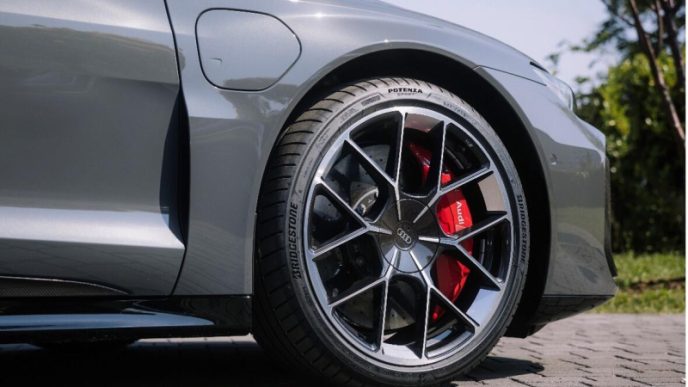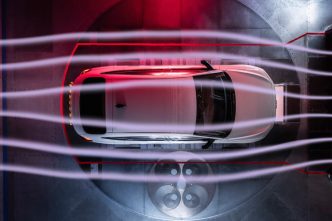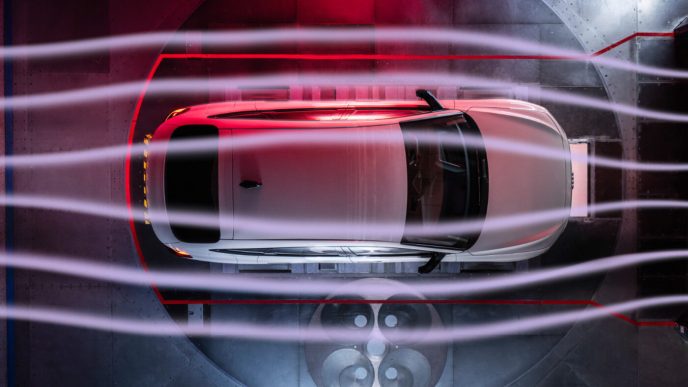Audi is adjusting its strategy in response to declining demand for its electric vehicles, specifically the Q8 e-tron. The automaker is now placing greater emphasis on plug-in hybrids as it navigates the transition to an all-electric future.
Audi CEO Gernot Döllner recently highlighted the Volkswagen Group’s revised outlook on the transition to electric vehicles, stating that it will take “longer than we initially thought.” As a result, Audi plans to expand its lineup of plug-in hybrids, which are viewed as a bridge to a fully electric portfolio.
See also: Audi Integrates ChatGPT AI into In-Car Voice Control Systems
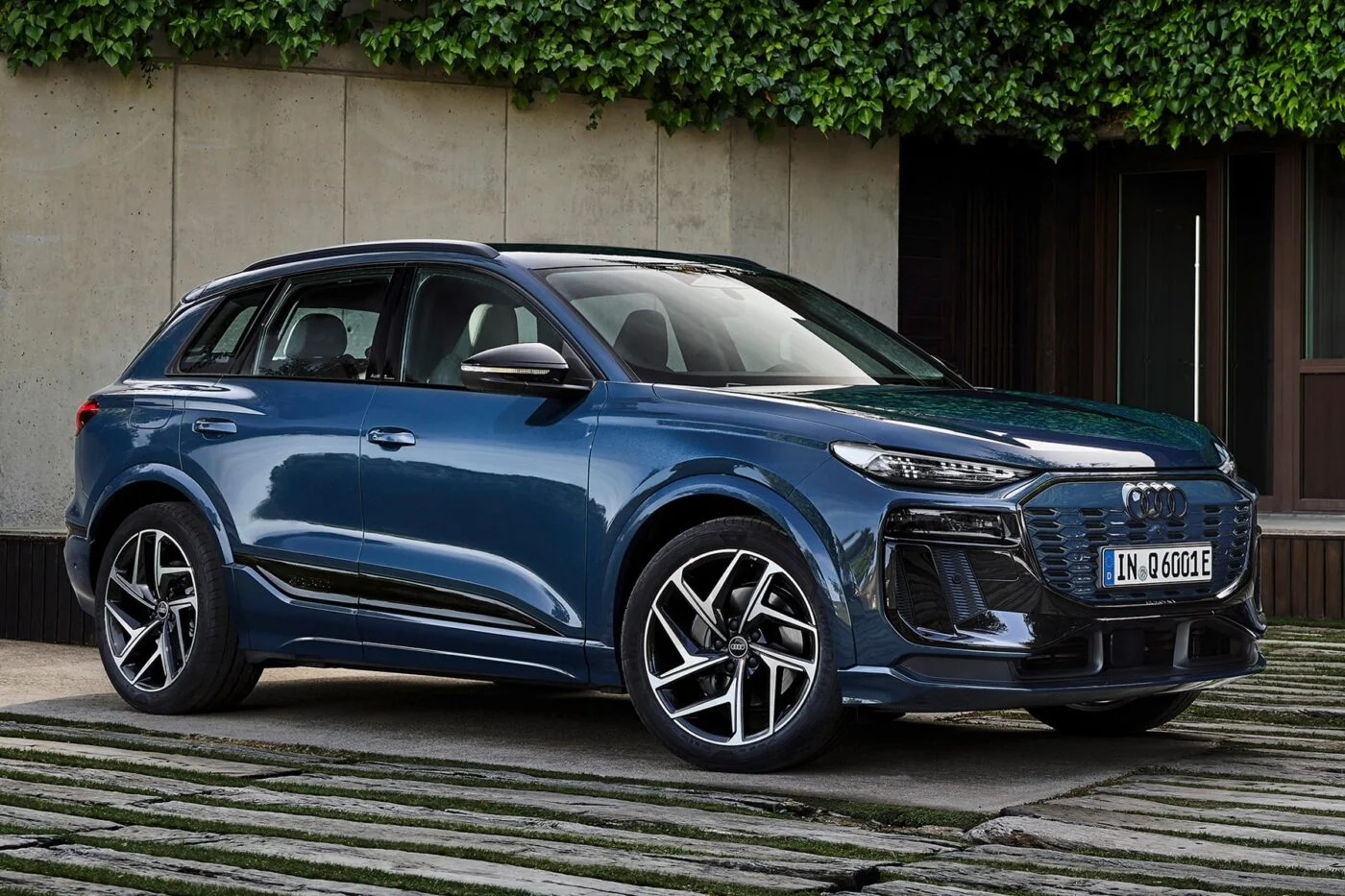
While Audi still aims for an all-electric lineup by 2033, alternative powertrains, including plug-in hybrids, will remain part of the company’s offerings until then. To facilitate this transition, Audi has developed a new family of combustion engines tailored for future plug-in hybrids. These new models will feature larger battery packs, allowing them to travel up to 62 miles (100 km) on electric power alone.
Döllner expressed confidence in this adjusted plan, anticipating that the next decade will be a “transition phase with three relevant drivetrains,” which include internal combustion engines, plug-in hybrid powertrains, and fully electric vehicles.
See also: Volkswagen Warns of Potential Closure of Audi’s Brussels Plant Amid Electric Car Demand Slump
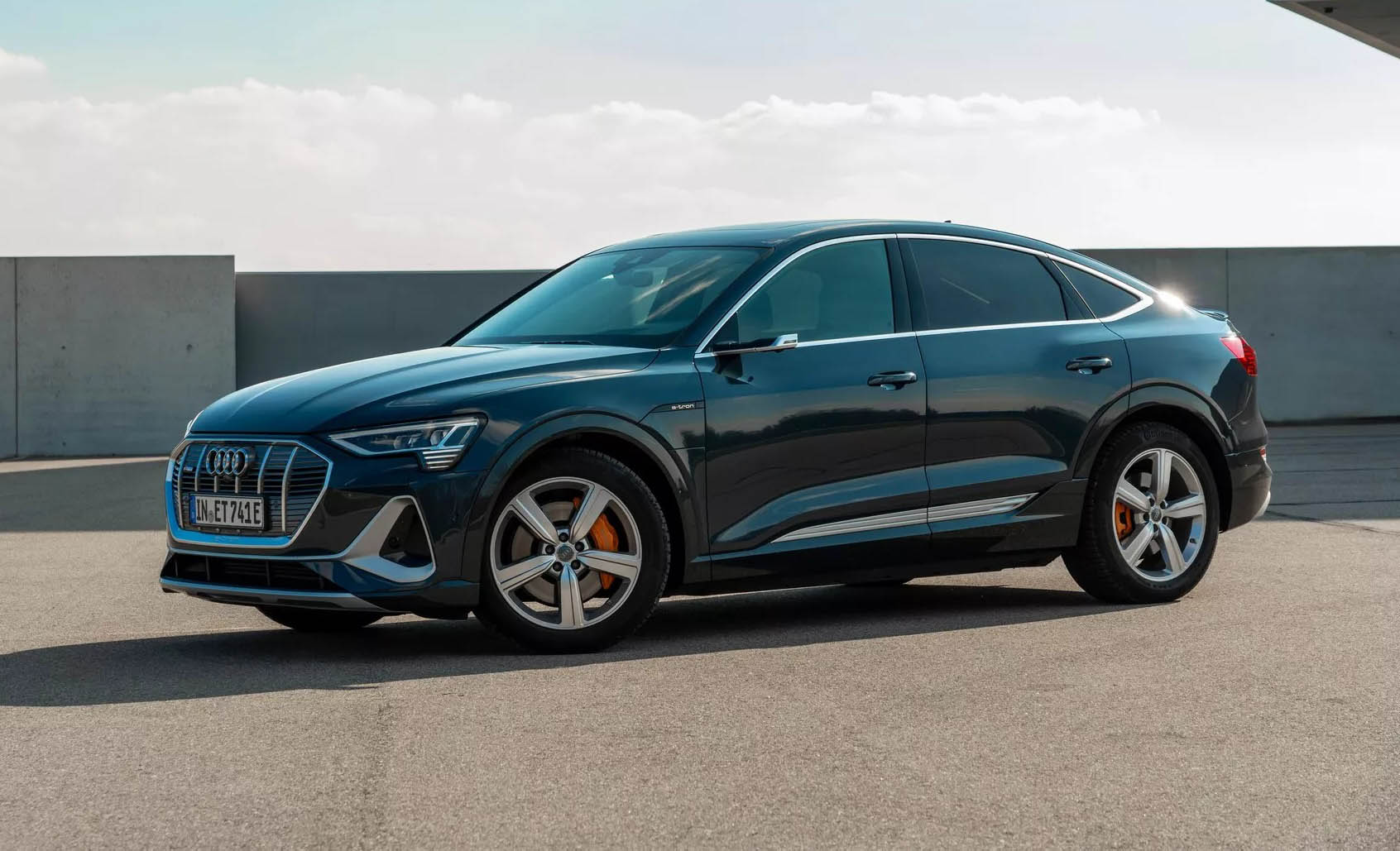
Despite these changes, Audi is still on track to launch its last new vehicle with a combustion engine in 2026, with a full shift to electric vehicles by 2033. However, the pace of this transition may be subject to change, as several automakers are reassessing their EV strategies in light of slower than expected market adoption.
Audi Ceases e-tron GT Sales in China, Shifts Focus to Local Models


